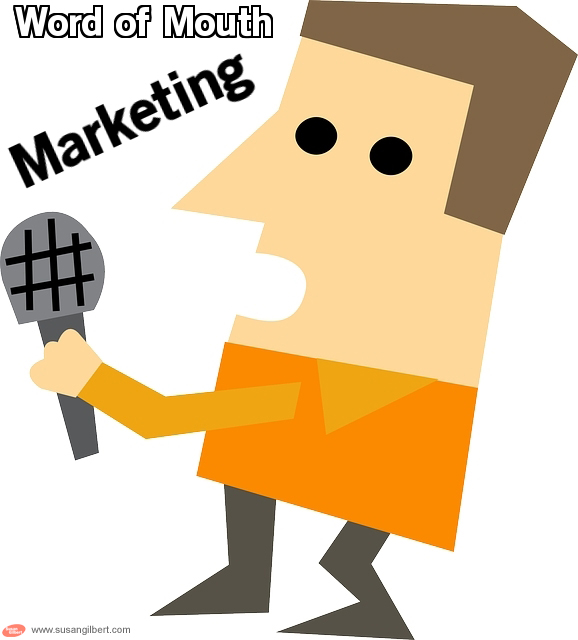 Who do you turn to when you want to know whether to purchase a product or service?
Who do you turn to when you want to know whether to purchase a product or service?
We may remember funny TV commercials or catchy radio jingles, but it rarely influences our buying decisions.
Today, word of mouth extends far beyond face-to-face and phone conversations to texting, chatting, social media sites and blogs.
It isn’t traditional advertising that helps people make a choice about what plumber to hire or where to buy electronics; but, a Yelp review, a text exchange with a relative, a spontaneous chat with a co-worker, or an acquaintance’s post on Facebook or reviews on a business’s website. We are now the media.
According to Brian Solis in The Future of Business, “Peer recommendations drive sales. 70% of consumers said they were influenced by a friend or family member’s online recommendation, beating out in-person recommendation (61%), online articles (59%), ads (49%), or someone they follow online but don’t know (32%)”
Word of Mouth Is Ten Times More Powerful Than Advertising
Word of mouth has become the Holy Grail for today’s marketers. Word-of-mouth marketing, also called word-of-mouth advertising or WOM, is 10 times more effective than traditional advertising, according to Jonah Berger, a Wharton marketing professor. “A great deal of research has demonstrated that word of mouth affects choice, diffusion [the process by which a group of people adopts a product] and sales,” writes Berger
What Makes Word of Mouth Marketing so Powerful?
Often called the single most powerful tool a business owner has, word-of-mouth can make or break a business. Word-of-mouth marketing is free. It is simply a person talking about your company to another person. Hopefully, what they are saying is good, because people take the advice of those whom they’re close to. If their best friend says “use this business” they will. Not only that, they’ll usually like it or hate it the same as their friend.
Word-of-mouth marketing is considered to be more trustworthy than other forms of marketing because advice from people you know, or feel that you know, is taken over advice from a known paid advertisement, or someone you don’t feel that you know. It’s one reason why companies love to get actors to promote their products and services. People erroneously believe that they know the actor and take his or her word for the product or service being top notch. In fact, word-of-mouth recommendations make up over 50 percent of any one person’s decision to buy, or not buy, for most of the population.
What’s great about word-of-mouth marketing is that with social media, you can have more control over the buzz. If you do it right, you’ll have an army of fans / marketers / cheerleaders / evangelists doing the marketing for you. What’s more, it’s free. You don’t have to pay them. They’ll do it willingly. Social media will help you build up loyalty of your current customers to the point that they will willingly, and for free, tell others about you.
If you have a long-term plan in place you’ll build a loyal following, create evangelistic fans, and strengthen your brand in the process. But, there is a process to use that will ensure that you are not annoying your market but instead are creating those loyal followers you need for word-of- mouth marketing.
Stay tuned for more information on that….
Share this article with these Tweetables:
• How word of mouth marketing evangelizes your brand – Click to Tweet
• Do you need to strengthen your advertising and marketing? – Click to Tweet
• @SusanGilbert shows you the power of word of mouth marketing for your brand – Click to Tweet


0 Comments